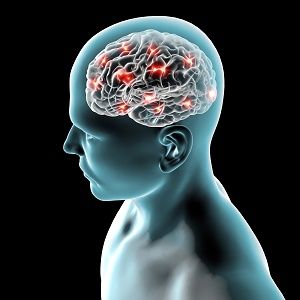Age and Deep Brain Stimulation: Advancing Age as a Concern
Deep brain simulation (DBS) -- surgically-implanted brain pacemakers that reversibly change brain activity and improve quality of life for many patients -- have been available since 1997 for essential tremor and approved for Parkinson's disease since 2002.

Deep brain simulation (DBS)— surgically-implanted brain pacemakers that reversibly change brain activity and improve quality of life for many patients—have been available since 1997 for essential tremor and approved for Parkinson’s disease (PD) since 2002. DBS is now widely accepted as a reliable intervention for advanced PD. PD patients who undergo DBS and take medication tend to have better movement control than those who rely on medication alone. However, the potential for side effects and complications exist. Until now, researchers have not addressed the relationship between patient age and primary surgical complication rates in PD patients.
PD increases in incidence with age and is naturally progressive, creating a greater need for good interventions in older patients. The number of patients older than 75 who undergo DBS for PD has remained relatively stable for 10 years, which may be a sign that surgeons are reluctant to perform DBS on the eldest patients. Surgical guidelines have not established an age at which patients should not be considered for DBS, although most clinical studies exclude patients older than 75.
Researchers from Duke University School of Medicine in Durham, NC, designed a study to determine if increasing age increases postoperative complications. Published online in the Journal of the American Medical Association, Neurology, the study reports that age alone is not predictive of DBS surgical outcome. This large, retrospective cohort study used a national database of 1757 PD patients who underwent DBS between 2000 and 2009. Their ages ranged from younger than 50 years to 90 years.
Overall, 132 patients (7.5%) had at least 1 complication within 90 days. Most common were infections (3.6%), pneumonia (2.3%), hemorrhage or hematoma (1.4%), and pulmonary embolism (0.6%).
The researchers suggest surgeons should not use age alone as a primary exclusion factor for DBS. They indicate patients with medication-refractory and difficult to control on-off fluctuations who are cognitively preserved are good candidates regardless of age.